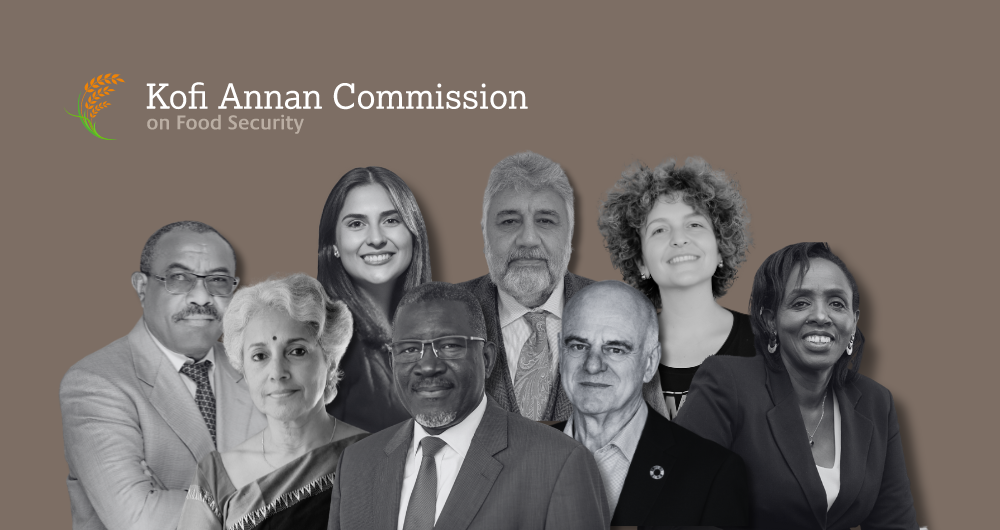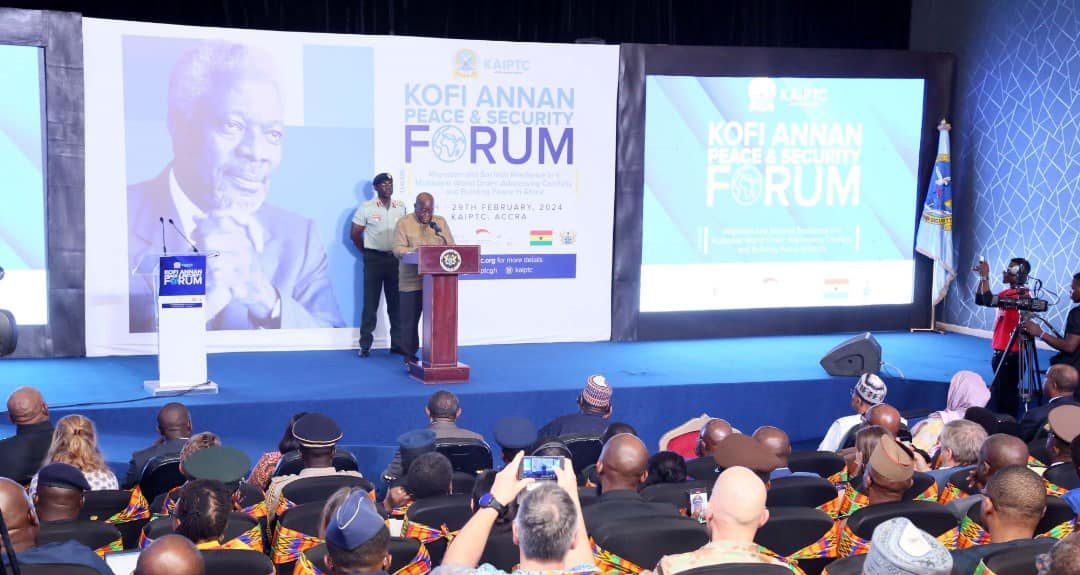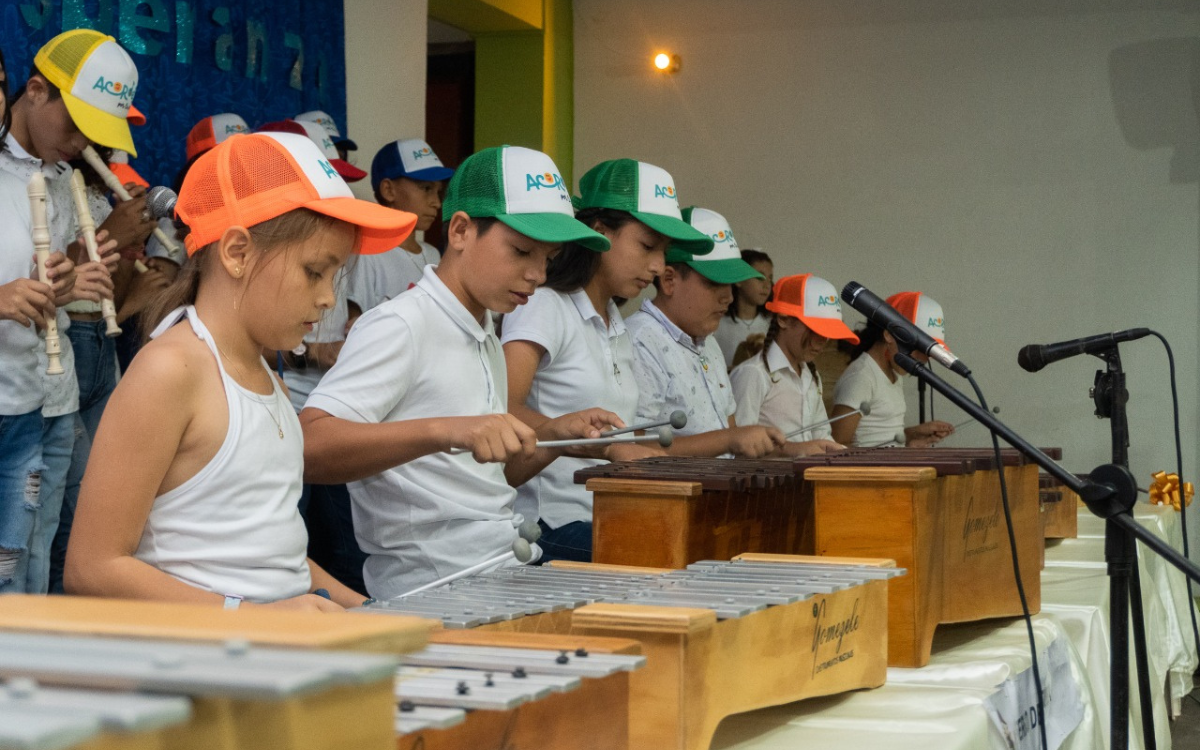JOINT SPECIAL ENVOY FOR SYRIA’S PRESS CONFERENCE – BEIRUT, 1 JUNE 2012
Good Afternoon, Ladies and Gentlemen.
As you know I arrived here yesterday and I’ve had the opportunity of meeting with the President and Speaker Berri, and I’ve just had constructive discussions with the Prime Minister. And this morning I was also able to speak to former Prime Minister Siniora by phone since he’s out of the country.
I was able to discuss the situation in Syria with the President, the Prime Minister and the Speaker and shared with them my impression of the situation — how the crisis is evolving and my stance that bold action has to be taken by President Assad and the Syrian Government to put real energy into the implementation of the plan, of the six-point plan, and that this is not something that can go on forever. And [that] it was essential that he shows determination and sends a signal to his people and the international community that he is determined to implement the plan and he is going to move ahead in search of peace.
We also discussed the potential impact of the crisis on neighboring countries like yours, Lebanon, Jordan and others, and the need to take all possible measures to avoid that happening. I also discussed with them the possibility that the international community would also intensify its efforts to help resolve the crisis.
I’ll pause here and take your questions.
Q: Mr. Annan, have you discussed the issue of the Lebanese kidnapped, especially that the Prime Minister [inaudible] Have you discussed the issue there?
JSE: Yes, we did discuss the issue of the kidnapped Lebanese and also both groups– there were also some who were taken in the North — and the UN would do whatever we can to help. I send my deep condolences to the families who are waiting for these people to be returned and I hope every effort will be made to obtain their release.
Q: Mr. Annan, you say your mission can’t go on forever. This week has seen three massacres in Syria. Is there a possibility that your mission in fact is just a diplomatic cover for more killings. Is it do you think almost time to declare the mission over?
JSE: That’s an interesting question. The implication is also that if this effort was not on the table, there would be no killing. But let me go on and say that we are making an effort to find a peaceful solution, and many Syrians and many governments around the world would want to see this effort resolve peacefully. We deplore the killings, we condemn the massacre in Houleh and the subsequent killings that happened. And this is I think one more reason that one should make greater effort to find a solution. To suggest that an attempt to find a peaceful solution is a reason for further killings – I find it difficult to defend because the implication is that if this proposal was not on the table, if we were not discussing ways of getting people to the table to discuss political solutions, there would be no killing. I disagree with that.
Q: Mr. Annan while you have been in Lebanon, what are your thoughts on cross border arm smuggling?
JSE: Yes, we did discuss that issue and the Lebanese authorities have made it quite clear to me the efforts they are making to prevent their territory being used for trans-shipment of arms. We should also dissuade those who would want to smuggle arms into the territory [so that they would] stop. But the Government is quite clear that it does not condone and is taking steps to ensure that its territory does not become a trans-shipment for that.
Q: Mr. Annan, what is your comment on the announcement of the investigation by the Syrians yesterday in which they said that terrorists have committed the crimes in Houleh. Do you have information on who did that?
JSE: I don’t have any information but what I do have is that the UN monitors established the facts on the ground, the Security Council has asked for an independent investigation and I am sure that the Secretary-General is going to take steps to make sure that that investigation is undertaken. And I am sure the reports or the findings will be made public. And I know that today the Human Rights Council in Geneva is also discussing this issue.
Q: What exactly is the red line? What has to happen in Syria before the peace plan, you declare the peace plan dead and have to look at other options? What is the red line here?
JSE: I think that is a decision that the Security Council will have to take once the Council decides that it is going to take other measures. What is important is that we continue our efforts to find a solution, a solution that leads to a transition in Syria, a democratic transition that fulfills the aspirations of the Syrian people. I know we are all impatient, we are all frustrated by the violence, by the killings. So am I. I think perhaps I am more frustrated than most of you because I am in the thick of things. And we really want to see things move much faster than it has done. When you are dealing with these sorts of issues, it is not a simple issue of drawing up red lines. The Council and the countries involved will have to keep working together to find a solution. If it is not this proposal on the table, there could be something else. I am not one of those who believes that there is only one way of solving—there could be other ways. And if other proposals on the table, I am sure the Council will look at them and I will be the first to say “bravo, let’s move with it.” But I am afraid I cannot draw up a list of red lines. These are decisions for the Security Council and I will not presume to usurp their powers.
For media inquiries please contact:
Diana Jackson
Main: +44 (0)20 7842 0123
Direct: +44 (0)20 7842 0151
Mobile: +44 (0)7904 752736
E-mail: diana.jackson@portlandpr.co.uk



